
As a co-founder of Retrospect, I thought I would respond to this month’s prompt by offering a founder’s perspective on what we were trying to accomplish, how it did (and didn’t) fulfill those aims, and what it ended up doing instead.
Retrospect proves that social media sites need not become cesspools of trolling and rancor.
Then I read what Patti and I wrote back in 2018 as we prepared to shut down the site. It turned out that we said most of that then, more eloquently than I would probably have done it now. So I tossed my outline in favor of simply reposting that story below and adding a few thoughts here.
First, we are indebted to Suzy for taking over Retrospect and giving it the tender loving care (and cash) it needed to keep going and growing. Bringing in co-administrators was also a brilliant stroke, and we salute Marian, Laurie, and Barbara for the creativity and effort they added.
Second, it strikes me that Retrospect has remained a safe haven for personal stories even as many social media sites have become cesspools of trolling and rancor. If the way to a mass audience was to emulate Facebook and Twitter by amplifying controversy, partisanship, and outrage, we preferred to remain small.
Besides, the small audience we attracted was passionate about telling their own stories and using comments to find common ground with others. We’re grateful to all of you who came to share that passion, contribute your wonderful stories to Retrospect, and be part of the mutually supportive community that grew here.
We hope Retrospect will continue and, to that end, if able, we encourage you to join Suzy, Marian, Laurie, and Barbara in the noble calling of story wrangling. Because, as we baby boomers grow older, our stories are too important to lose.
One of us spoke the unspoken in mid-November [2018]—the idea that it was time to move on from MyRetrospect.com—and the idea floated in the air like a sagging birthday balloon. This is how we make some of our tough decisions: We pick a tentative course of action and live with it for a week or two, looking at it, weighing it, trying it on. Neither of us spoke about it much, but it hung there, not going away.
We had high hopes when we founded Retrospect Media, Inc. back in 2014. We dreamed of a site where hundreds, then thousands of baby boomers could capture and share their memories and life stories. We dreamed of compiling the first-ever first-person history of a whole generation. We dreamed of becoming a hub for boomers to form a community, to connect, to rediscover our activism, to support each other as we aged. We dreamed of a site that would, through subscriptions, sponsorships, and a boomer marketplace, support itself, and us, and more.
None of those dreams came to pass, but another did. Instead of a mass audience, Retrospect attracted a small but passionate band of storytellers. You bonded, formed a community, and became important in each others’ lives. That was apparently what Retrospect wanted to be, and we embraced the role of facilitating that community.
To inform our decision, we tracked the amount of time we spent on Retrospect (among other tasks) over a week. On one typical day, we had asked a Retrospect author for permission to post a chapter of one of their published books as the featured story for an upcoming prompt. She agreed, and we spent time uploading it from the book, choosing the right featured image, and making it look good on the site. The chapter was a beautiful, self-contained story on its own, and we practically rubbed our hands together like a diabolical Bond villain in anticipation of sharing it with others.
That same day, another Retrospect writer posted a story on the current prompt. There wasn’t anything particularly special about it, but it just had the right combination of suspense, humor, insight, and closure that made us grin when we came to the end. The author is not a professional writer and would probably not have written this (or any) story were it not for Retrospect. We looked at each other and thought, we helped this lovely story come into being. We’re story wranglers.
Story wrangling has been our calling over the last four years. We’ve loved the work: designing the site, testing it, trying new features. We loved crafting prompts and selecting images to evoke the most cogent memories and experiences. We loved creating our weekly newsletter and promoting prompts and stories on social media. We loved learning about search engine optimization and Google Analytics and renting mailing lists to send promotional postcards. And most of all, we loved reading your stories, with their humor, pathos, poignancy, triumphs, and heartbreaks—the deeds and misdeeds of real people trying to make their way in the world, all of us trying to cobble together a life we can enjoy and be proud of even as it overtakes us. We’ve all known since we were little kids that there is magic in storytelling—in learning how others experience the world, what we share and how we differ, and in finding out what happens next. Did we really want to give that up?
A few days later, a friend was diagnosed with a nasty life-threatening cancer. It was just the latest reminder that our time on this planet is limited, and if there are goals we want to accomplish or experiences we want to have, we’d better get to them. In the end, this is what crystallized our decision.
Much as we’ve loved story wrangling, it’s not the only role we want to fulfill in our remaining years. Story telling, for example. (That novel is not going write itself.) Music making. Retrospect was a labor of love, but it was still labor. It’s time to open up space in our lives for new goals and new roles. It’s time to move on to the next phase of our lives.

Our founding team. Photo credit: Robb Most for InMenlo.com © 2017. Used with permission.
There are many people we want to thank before we go. We’re grateful to Susan, our co-founder, who shared this venture with us from the start until just a year ago. We couldn’t have created or maintained the site without the help of Arthur, Gunny, and Angela at Firespike LLC, our web development and marketing partners, who built the site, made changes as requested, fought off intruders, and fixed bugs with unceasing good humor—and even contributed their own stories. We’re indebted to Peter, Janey, and Ashwin from WilmerHale for providing legal help and advice under their innovative QuickStart program. We thank Marc, our advisor, who generously shared his expertise and experience while we all shared champagne and pizza. And mostly we thank you, our readers and storytellers, for sharing more than 900 stories with us and each other, and for making Retrospect a ride we will never forget.
May all your endings be happy. Well, that’s not realistic. Instead, we wish you long life, memorable stories, and friends and family to tell them to. Farewell.
John & Patti Zussman are co-founders of Retrospect Media, Inc.







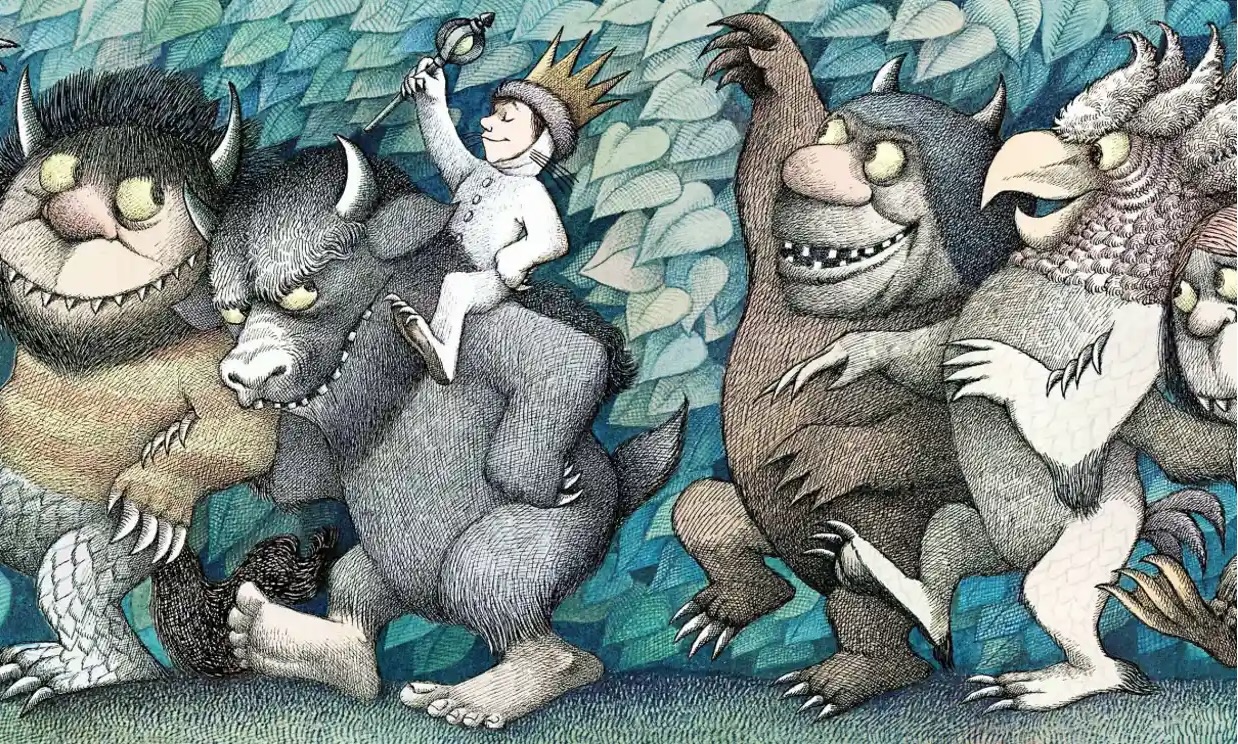
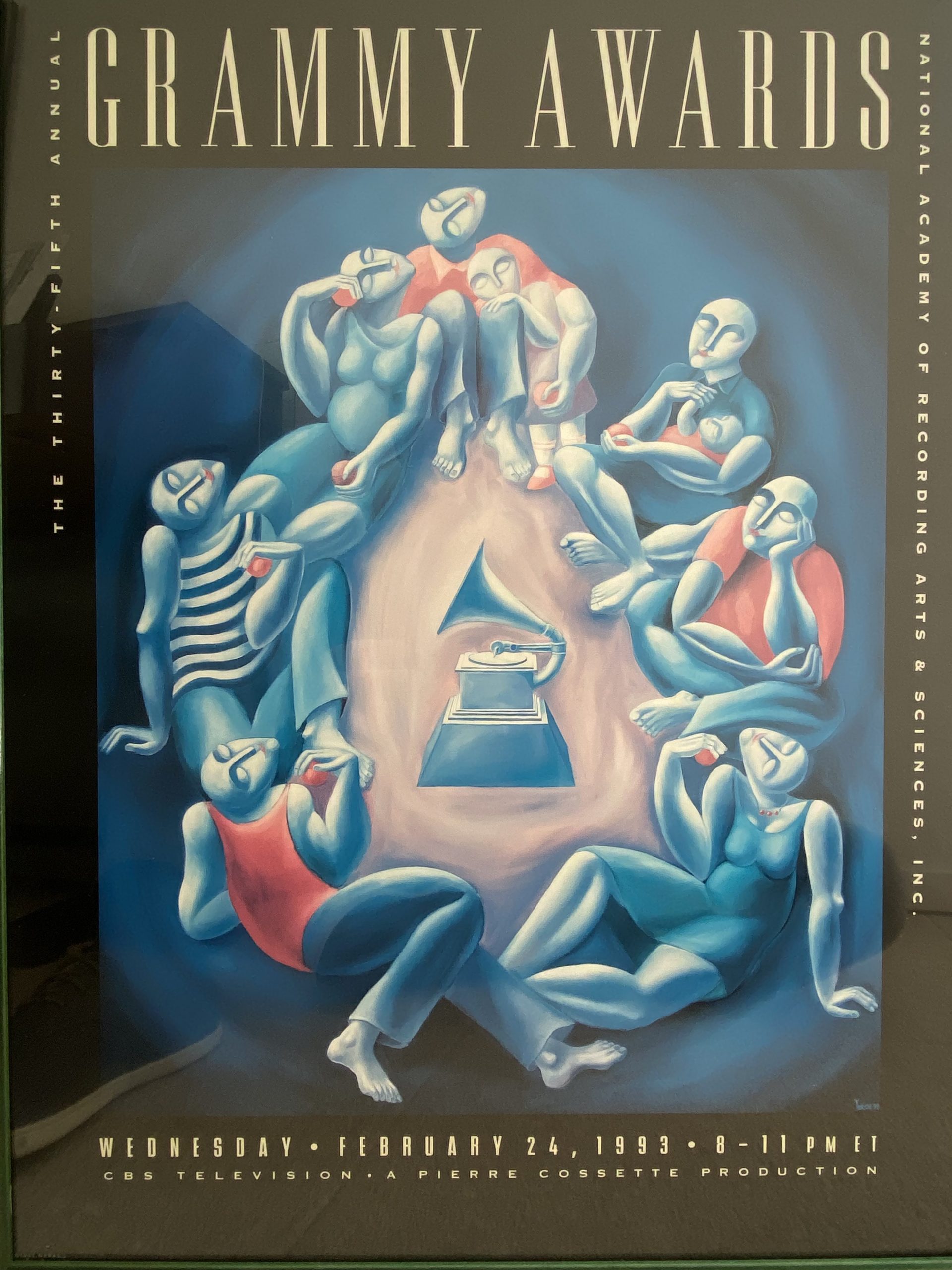
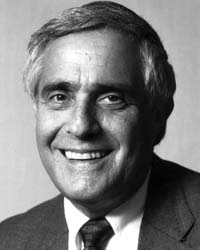



 Prince ended up spending five weeks in our house. Trevor said he might have stayed longer but the
Prince ended up spending five weeks in our house. Trevor said he might have stayed longer but the 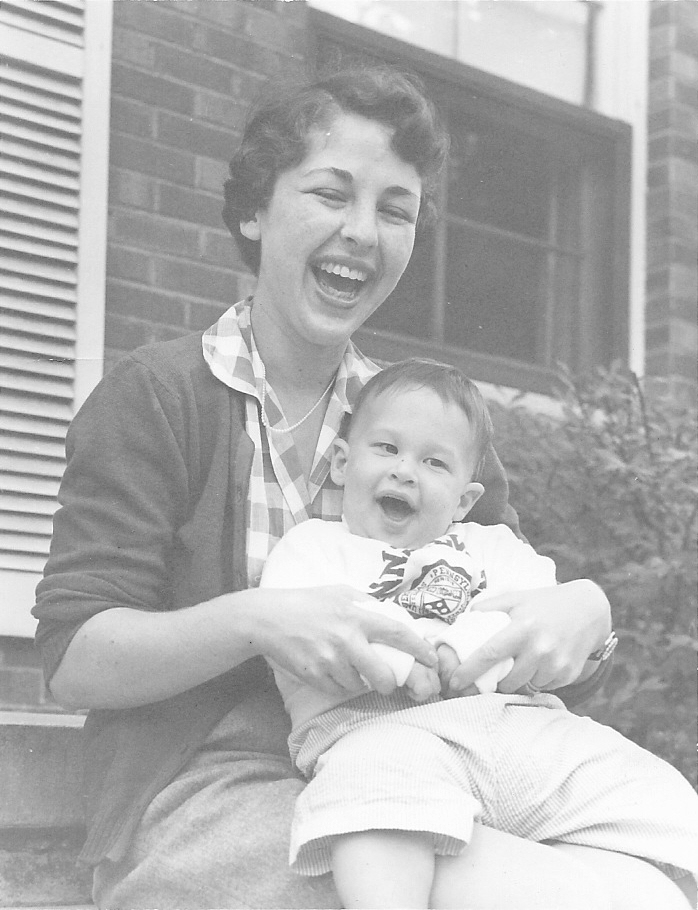
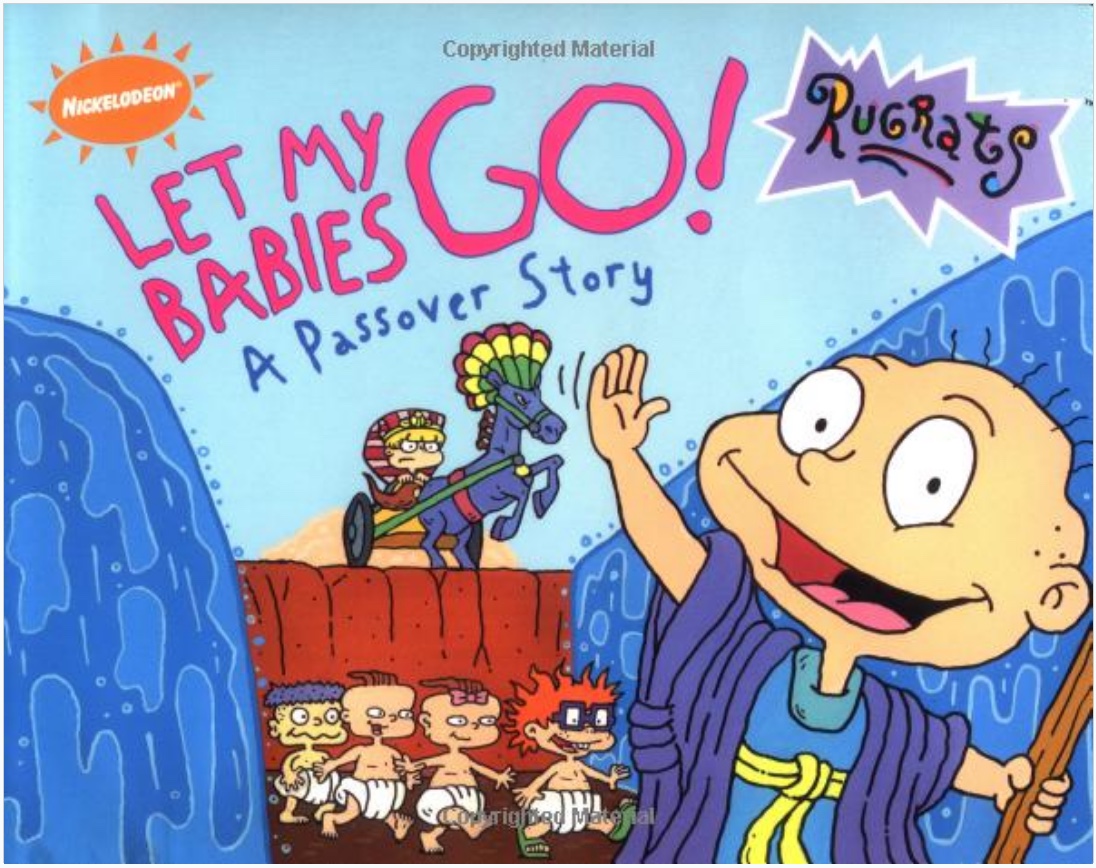
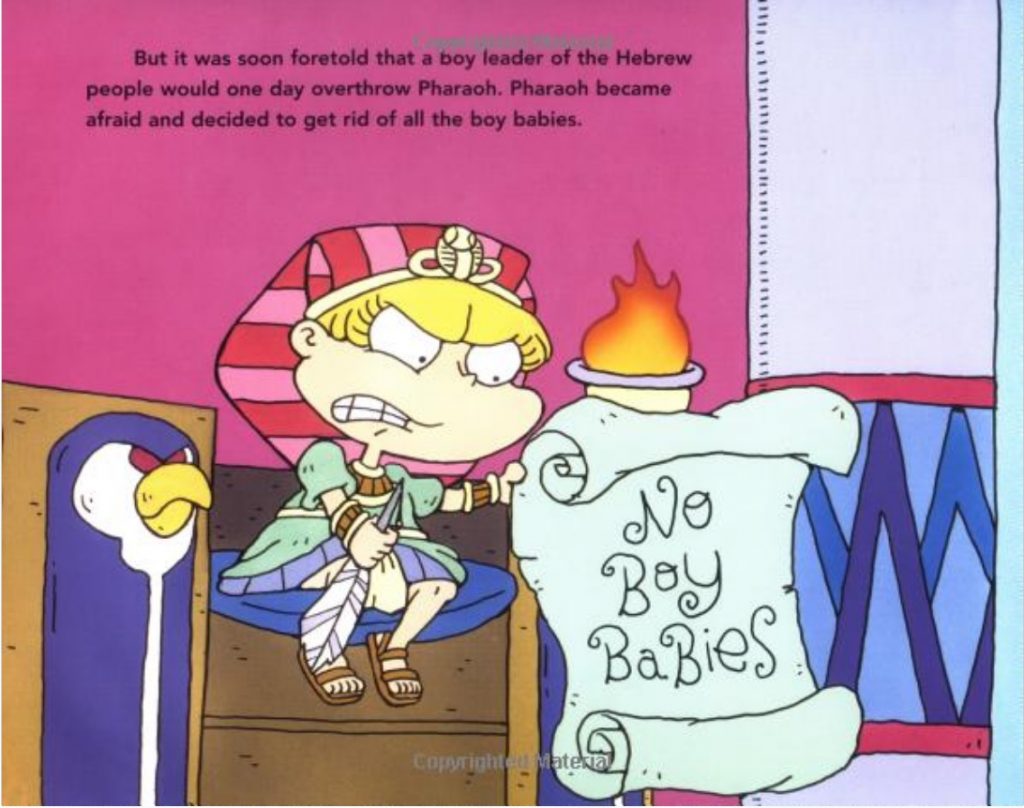 Michael was a big fan of the Rugrats cartoons, which gave Peter and Janet an idea. So at our rehearsal break, the four of us clustered together in the “band room” and called their sitter at home. (So those of you who celebrated virtual Seders in this year of COVID-19: we had you beat by 21 years.)
Michael was a big fan of the Rugrats cartoons, which gave Peter and Janet an idea. So at our rehearsal break, the four of us clustered together in the “band room” and called their sitter at home. (So those of you who celebrated virtual Seders in this year of COVID-19: we had you beat by 21 years.)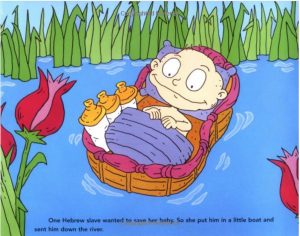 We raced through the Seder, struggling to hear and be heard through the tiny speaker of a ‘90s-era cell phone over the din of musicians practicing their parts. I marveled at how many of the highlights we could include, and how, with the book’s help, we actually captured the essence of the story in such a short time. (Too bad the Rugrats weren’t around when my grandfather was conducting his four-hour all-Hebrew Seders!) And by the time a bell rang and we made our way back to rehearsal, sated with matzo and grape juice (or was it wine?), we had all learned an important lesson (as Dave Barry did not say):
We raced through the Seder, struggling to hear and be heard through the tiny speaker of a ‘90s-era cell phone over the din of musicians practicing their parts. I marveled at how many of the highlights we could include, and how, with the book’s help, we actually captured the essence of the story in such a short time. (Too bad the Rugrats weren’t around when my grandfather was conducting his four-hour all-Hebrew Seders!) And by the time a bell rang and we made our way back to rehearsal, sated with matzo and grape juice (or was it wine?), we had all learned an important lesson (as Dave Barry did not say):
